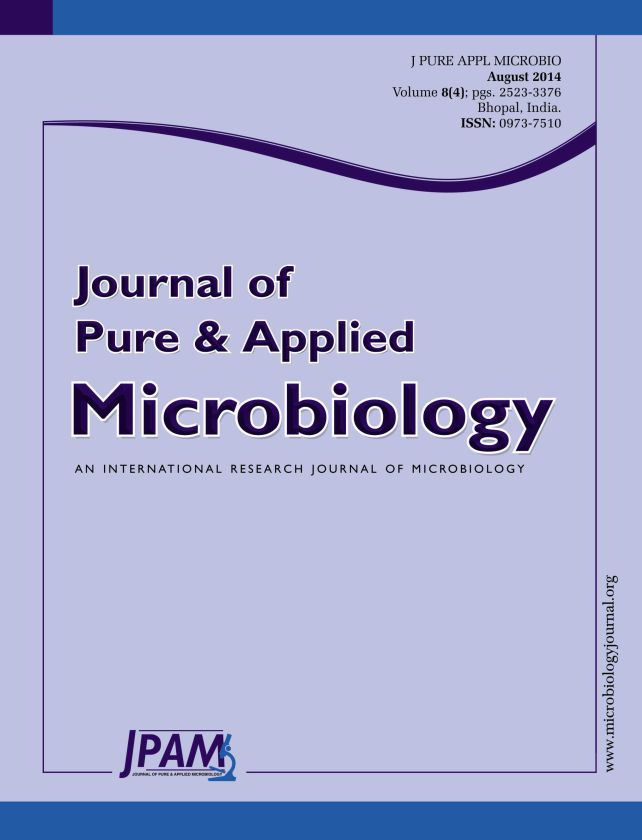The acceptance and applicability of plant growth promoting rhizobacteria (PGPR) as potential tools for sustainable agriculture is explicit in their remarkable ability to enhance plant growth by a variety of mechanisms. In the present study, several samplings were conducted in different forest areas of Western Ghats in order to explore the structural and functional diversity of agriculturally important microorganisms. Strains isolated from endorhizosphere microhabitats were grown on N free Malate medium and the amount of Nitrogen was measured by Kjeldahl digestion of extracts. The best performing strains were characterized by 16S rRNA sequencing. Of the 12 efficient strains, seven strains belonged to genus Pseudomonas; four belonged to Rhizobium and one to Acinetobacter. All the strains fixed more than 10mg of NH4+/gm of Carbon utilized, the highest being strainMDAZOXXIE249a; 17.5mg of NH4+ followed by 15.8 mg NH4+ from strains MDAZOXX1E256a and MDAZOXXIE251a individually. The diazotrophs identified in this study belonged to two major groups: alpha and gamma proteobacteria. Strain Acinetobacter schindleri could be a novel diazotroph isolated in the study.
Diazotrophs, Kjeldahl digestion, 16S rRNA sequencing, Phylogenetic analysis
© The Author(s) 2014. Open Access. This article is distributed under the terms of the Creative Commons Attribution 4.0 International License which permits unrestricted use, sharing, distribution, and reproduction in any medium, provided you give appropriate credit to the original author(s) and the source, provide a link to the Creative Commons license, and indicate if changes were made.


